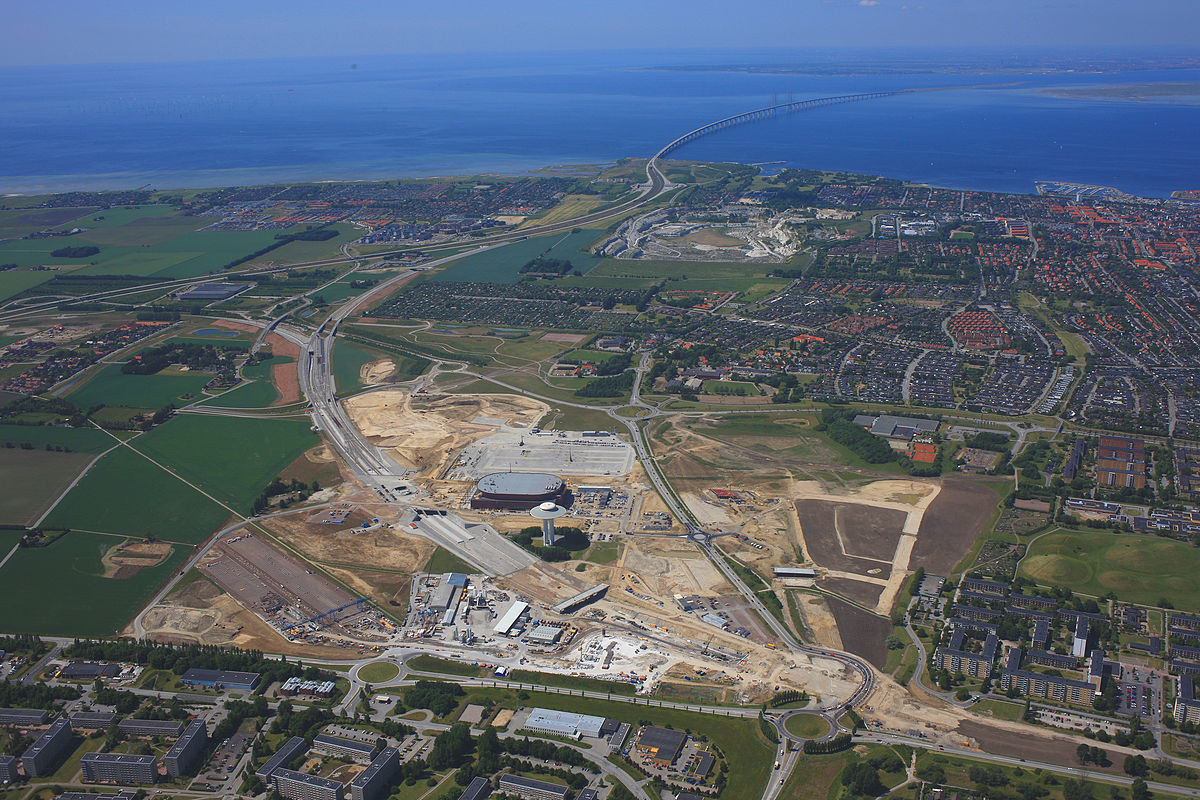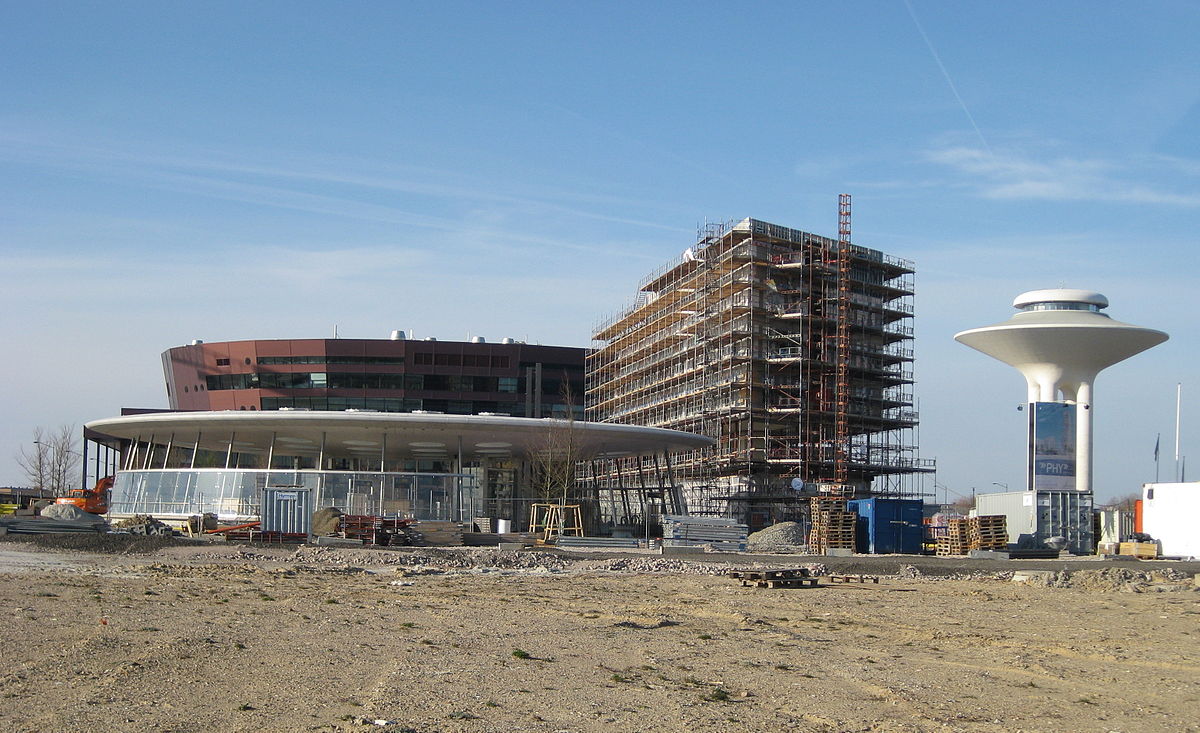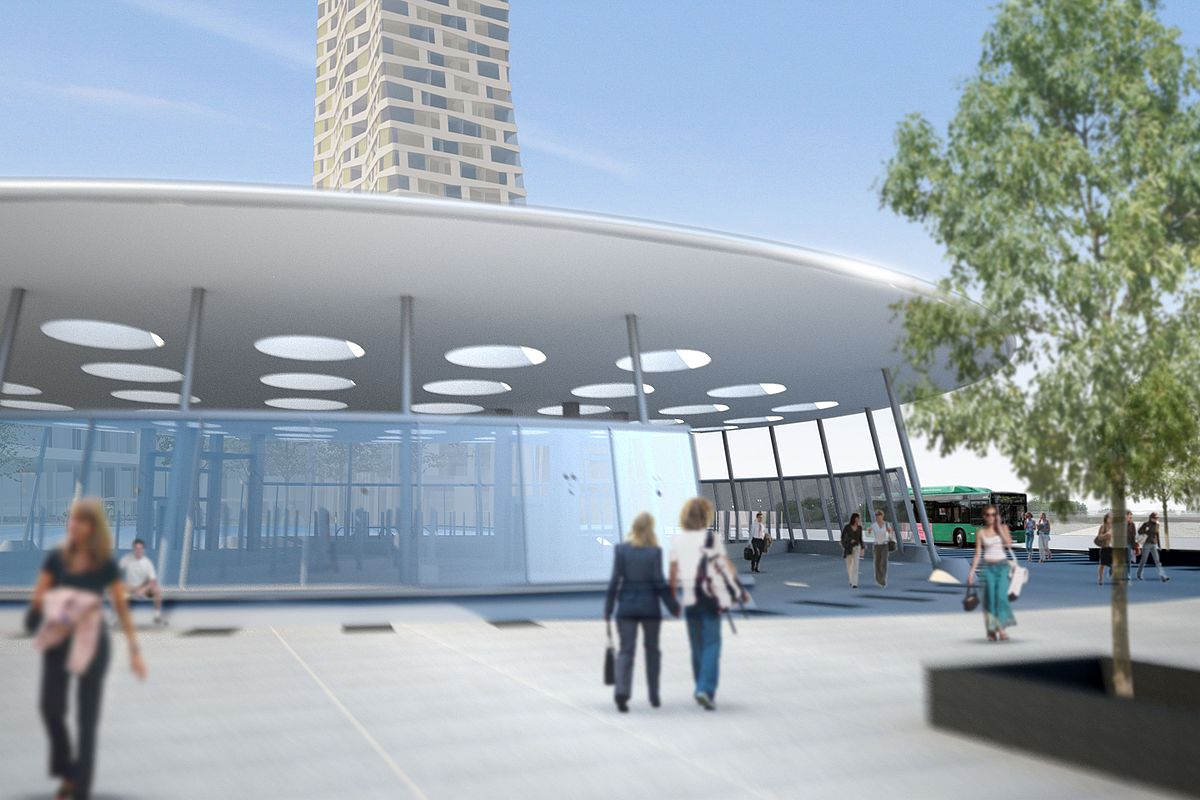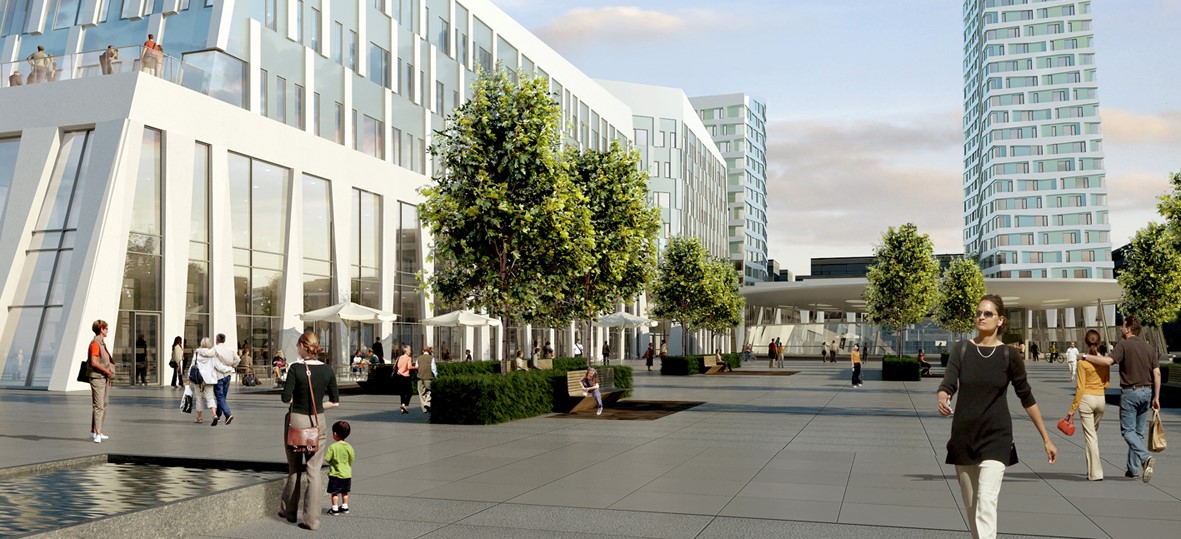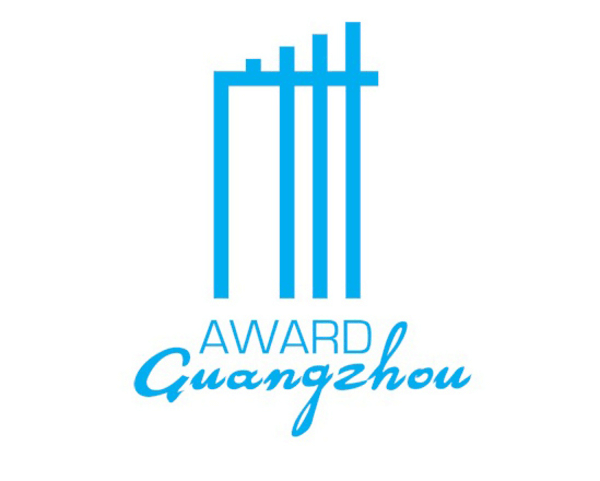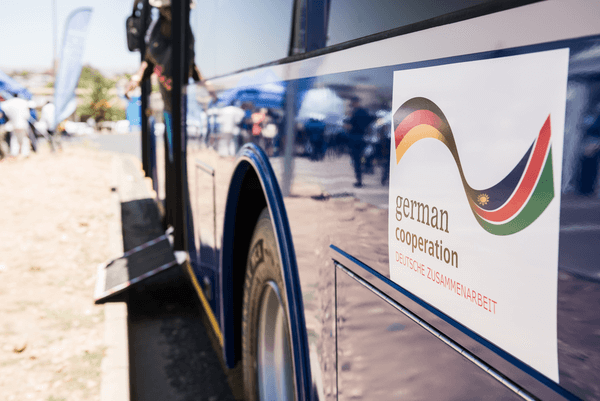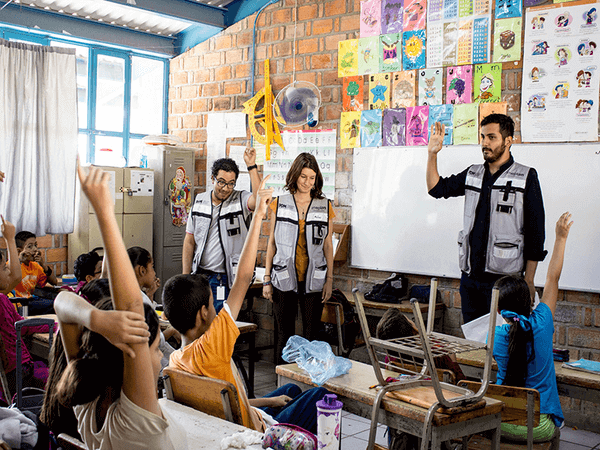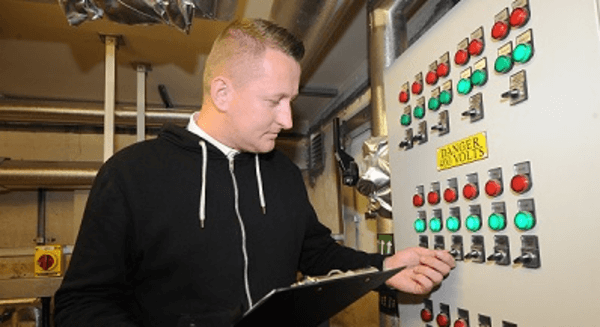City
Malmö
Main actors
City Government, Private Sector, Community / Citizen Group, Public Utility, Research Institutes / Universities
Project area
Neighborhood or district
Duration
Ongoing since 2010
Hyllie is Malmö's largest residential and commercial development area. By 2030, Hyllie will be 100% sustained by renewable or recycled energy, achieved by using integrated new and smart technology solutions.
The City of Malmö has ambitious environmental goals. The council buildings will be climate neutral by 2020 and Malmö will be supplied with 100% renewable energy by 2030. Hyllie is located in the southern part of the city of Malmö, close to major roads, a train station, shopping mall and a large sports and culture arena, the Malmö Arena.
The development of Hyllie as a sustainable district comprises the construction of 9,000 houses and 9,000 workplaces in a dense city structure. A sustainable approach to transportation, waste management and recycling are cornerstones of the project. Energy infrastructures will be integrated with one another and based on a smart grids concept. Buildings will be adapted to opportunities offered by smart energy infrastructures and locally produced renewable energy will be sourced.
Promoted modes of mobility will be pedestrian, bicycle and public transport, while smartly integrated gas and electricity solutions will be accessible. Other features include mandatory sorting of food waste, urban gardening, environmentally certified buildings and smart homes. Hyllie will enable property owners, residents and those working in the area to become an active part of the energy system and provide transport, waste and recycling solutions that will make it simple for people to make sustainable choices.
Guangzhou Award
This project was shortlisted for the 'Guangzhou Award' in 2014 in the following category: Deserving Initiatives.
On Map
The Map will be displayed after accepting cookie policy
